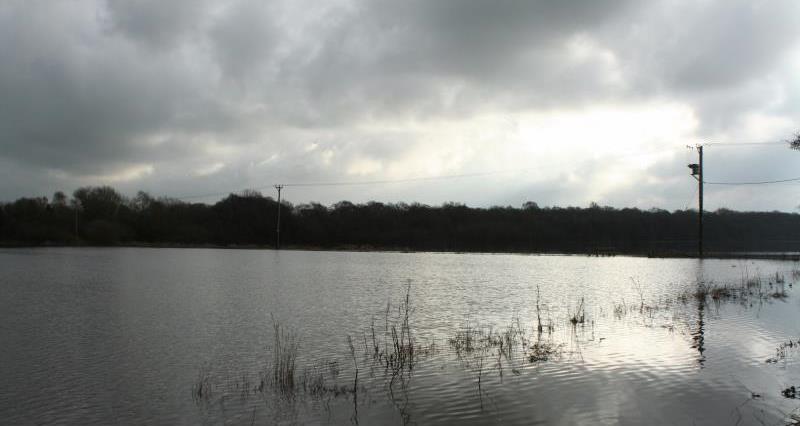The winter floods struck on December 4 2015 with intense rainfall hitting farming communities in Cumbria, Lancashire, Northumberland, Yorkshire, County Durham and Greater Manchester.
Two thirds of surveyed Cumbrian farmers suffered damage to riverbanks, over half were left with gravel deposits on their land while more than 700¹ sheep were killed by flood waters.
The NFU was instrumental in establishing the Farming Recovery Fund and around 1,100 applications have been made totaling over £9million. The fund covers activities such as drain and boundary repairs and reseeding. However, NFU Deputy President Minette Batters said it was extremely frustrating that hundreds of farmers were bracing themselves for another winter while still waiting for funding to help recover from the previous one.
“Storm Desmond and the subsequent flooding brought devastation to farming businesses and many are still feeling the effects. Farmers have faced months of uncertainty over access to the flood recovery fund, piled on top of delays to their annual farm payments. This is totally unacceptable and must be resolved as a matter of urgency.
“Scotland and Northern Ireland had their farming recovery funds done and dusted by the middle of 2016. So why are so many farmers in England being forced to wait for their emergency funding? The Rural Payments Agency (RPA) created some delays when processing the original applications. But we appreciate that they are still waiting to receive claims from affected farmers partly due to the high level of evidence farmers are required to submit.
“A review is urgently needed to improve the process for when this fund is inevitably needed again. Early next year, the NFU will be launching its flooding manifesto. This will set out clear our policy asks and action for government and others to mitigate flood risk in the future.
“We believe a whole catchment approach to flood management must be adopted. This includes accurate consideration of the importance of the food and farming industry – one that contributes £108bn to the economy, employing more than 1 in 8 people of the workforce. Some of our most productive and highest value agricultural land is in the floodplain or coastal regions, vulnerable to flooding, and deserves to be protected.
“Natural flood management schemes do have a place and Defra Secretary of State Andrea Leadsom’s recent confirmation that £15million will be assigned for natural flood management is a step towards finding such a scheme. However, they are not a universal solution and must be used alongside a package of measures across the catchment to improve flood resilience to both urban and rural communities, including traditional hard-engineered structures and their maintenance.
“To improve resilience across the country, two things are crucial - accurate modelling and suitable funding. Flood models must be continually updated to account for the extreme weather events which are becoming all too regular.
“Capital and maintenance budgets for flood risk management must also be reviewed. As we increase the number of assets improving the resilience of rural and urban areas to flooding, maintenance budgets have to be increased to cope with the demands placed on the pot of money. In short, the government’s strategy to manage future flood risk must be to plan, protect and pay.
“Storm Angus which hit the UK a few weeks ago was a stark reminder that we have now entered the winter storm period. The flooding was localised and the damage relatively minor. However many areas vulnerable to flooding, including the Somerset Levels, have very high soil saturation levels. The NFU has created its own internal incident response plan to ensure it is ahead of the game to help its members in case any further extreme weather is forecast.”
¹The Cumbrian Flood Partnership Survey
